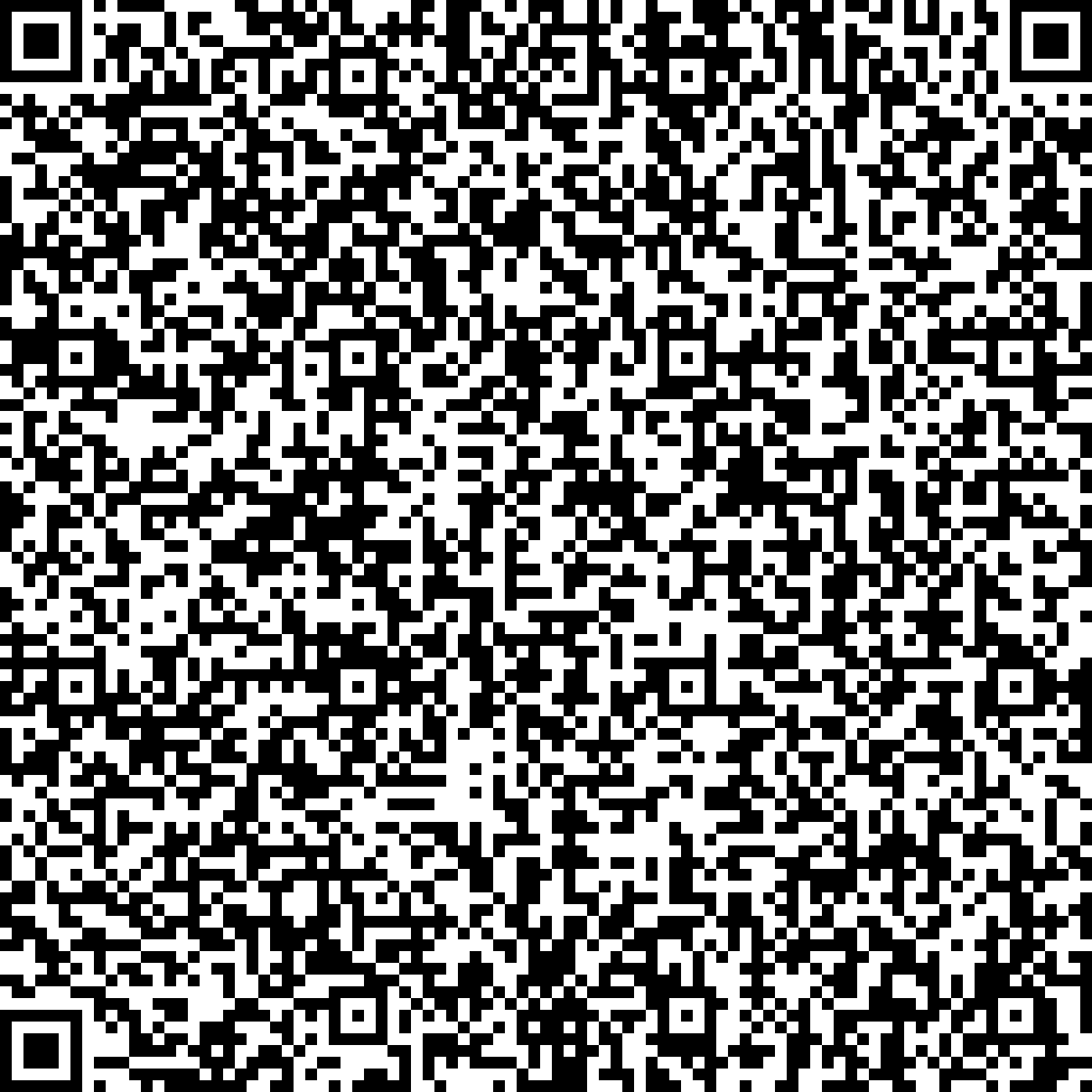

Twisted interfaces between stacked van der Waals (vdW) cuprate crystals presents a platform where anisotropic superconducting order parameters interact at high temperature. Employing a novel cryogenic assembly technique, we construct twist vdW Josephson junctions (JJ) at atomically sharp interfaces between Bi2Sr2CaCu2O8+x crystals with quality approaching the limit set by intrinsic JJ and we demonstrate a path to engineered emergent superconductivity at high temperature. Unfortunately, these systems are unstable and degrade quickly when exposed to elevated temperatures, oxygen, water, or organic solvents, limiting their processing in cleanroom and application for quantum hardware components. In the conclusion of the talk, we will show the first steps for the resolution of this problem by introducing a novel methodology to integrate CMOS electronics in these systems, which could be used for on-chip next generation of quantum technologies operating near nitrogen boiling temperatures. We show that electrical contacts can be established through transfer-printable circuits embedded in SiNx nanomembranes. The membrane incapsulates the material shielding it from the environment, while via contacts are used to form the electrical contacts.
Nicola Poccia is founder and group Leader of the “Superpuddles Lab” at the IFW-Dresden. He received his "Laurea" in physics at the Sapienza University of Rome and received his Ph.D. in Physics from Sapienza University. He was Marie Curie Fellow at the University of Twente and at the European Synchrotron Radiation Facility in Grenoble, then joined as postdoctoral fellow the Department of Physics at Harvard University. His laboratory focuses in the two-dimensional materials and heterostructures of superconductors in complex quantum matter. Nicola recently received funding for more than 1 Milion euro from DFG and Terra Quantum AG.


Twisted interfaces between stacked van der Waals (vdW) cuprate crystals presents a platform where anisotropic superconducting order parameters interact at high temperature. Employing a novel cryogenic assembly technique, we construct twist vdW Josephson junctions (JJ) at atomically sharp interfaces between Bi2Sr2CaCu2O8+x crystals with quality approaching the limit set by intrinsic JJ and we demonstrate a path to engineered emergent superconductivity at high temperature. Unfortunately, these systems are unstable and degrade quickly when exposed to elevated temperatures, oxygen, water, or organic solvents, limiting their processing in cleanroom and application for quantum hardware components. In the conclusion of the talk, we will show the first steps for the resolution of this problem by introducing a novel methodology to integrate CMOS electronics in these systems, which could be used for on-chip next generation of quantum technologies operating near nitrogen boiling temperatures. We show that electrical contacts can be established through transfer-printable circuits embedded in SiNx nanomembranes. The membrane incapsulates the material shielding it from the environment, while via contacts are used to form the electrical contacts.
Nicola Poccia is founder and group Leader of the “Superpuddles Lab” at the IFW-Dresden. He received his "Laurea" in physics at the Sapienza University of Rome and received his Ph.D. in Physics from Sapienza University. He was Marie Curie Fellow at the University of Twente and at the European Synchrotron Radiation Facility in Grenoble, then joined as postdoctoral fellow the Department of Physics at Harvard University. His laboratory focuses in the two-dimensional materials and heterostructures of superconductors in complex quantum matter. Nicola recently received funding for more than 1 Milion euro from DFG and Terra Quantum AG.